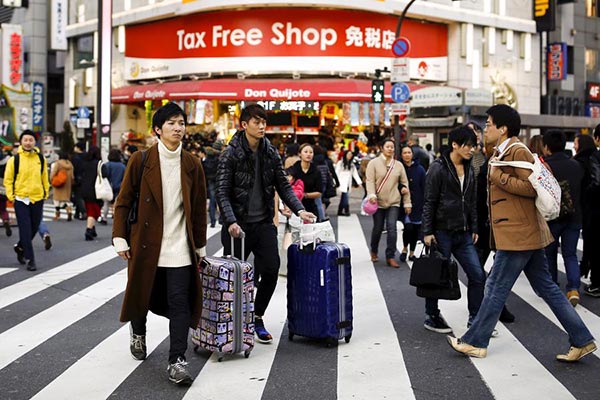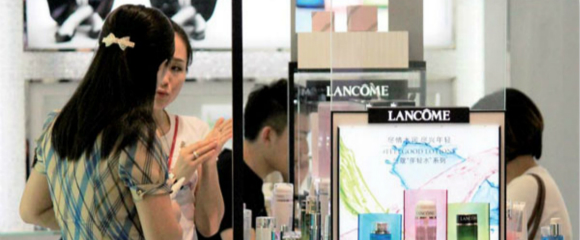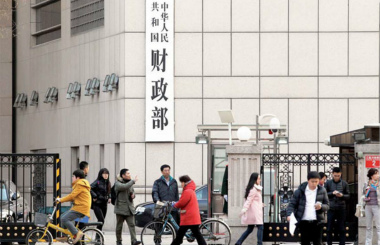Ministry says e-commerce tax brings no trouble for tourists
Updated: 2016-04-11 08:05
By Zheng Yangpeng and Ma Si(China Daily)
|
|||||||||
 |
|
People cross a street outside a tax free department store popular among Chinese tourists in Tokyo, Japan, February 11, 2016.[Photo/Agencies] |
Shoppers had expressed concern that a new tax on foreign products, which went into effect on Friday, would spell trouble for outbound tourists. However, the ministry said the fears stemmed from confusion.
"The new policy targets e-commerce, not individual outbound tourists," People's Daily quoted an unidentified ministry official as saying.
According to the authority, the rules for tourists returning from abroad remain unchanged, with purchases up to the value of 5,000 yuan ($770) exempt from duties. The new tax relates only to e-commerce platforms that allow consumers to order imported goods online to be delivered through postal services.
The policy is aimed at creating a "level playing field" for cross-border e-commerce sites and brick-and-mortar stores that sell imported goods. It means overseas retail goods bought online are no longer treated as personal postal articles but as imported goods.
Cross-border e-commerce has boomed with the surge in demand for higher-quality products among China's middle class. For a time, websites have enjoyed an edge over other channels, such as onshore duty-free shops, as they did not need to pay tariffs, import value-added tax or consumption tax.
Now, retail goods sold on e-commerce sites are subject to the three taxes. Tariffs are currently all set at zero, with a 30 percent discount on import VAT and consumption tax for purchases up to 2,000 yuan, and only if a consumer's annual gross transactions are under 20,000 yuan.
Operators of bonded areas, part of the e-commerce chain, also expressed concern about the tax change-as it came into effect only about two weeks after it was announced, some areas said they did not have enough time to clear inventories.
Shoppers also have complained they must now pay higher taxes on low-priced overseas products. Previously, these were subject to only a 10 percent parcel tax, but now are subject to a tax between 11.9 and 32.9 percent.
However, analysts noted that some luxury items, such as cosmetics priced up to 2,000 yuan, now have a lower tax, as the previous parcel tax was 50 percent.
Fitch Ratings said in its latest report that China's restrictions on overseas purchases may narrow the price differential of luxury goods between China and the rest of the world, potentially boosting domestic consumption.
Related Stories
China's cross-border e-commerce bids farewell to 'tax-free' age 2016-04-09 10:28
Chinese tourists bemoan UK's tax-refund system 2016-03-28 07:43
New tax policy regulates cross-border e-commerce 2016-03-31 08:02
China sets new online import tax rules to level playing field 2016-03-27 07:27
Growth of Chinese tourists spending in Japan slows 2016-02-14 11:31
Today's Top News
Russia-China ties benefit both countries, peoples
China, UK showcase best books in London
Hello, China! Stephen Hawking debuts Weibo account
Manila set to restart revamp of airport in S China Sea
Forget cabs, now you can book plane through apps
Britain and China must join to solve steel crisis, ambassador says
Chinese soccer aims to be among world top teams by 2050
E-commerce tax not applicable on travelers,
says ministry
Hot Topics
Lunar probe , China growth forecasts, Emission rules get tougher, China seen through 'colored lens', International board,
Editor's Picks

|

|

|

|

|

|







